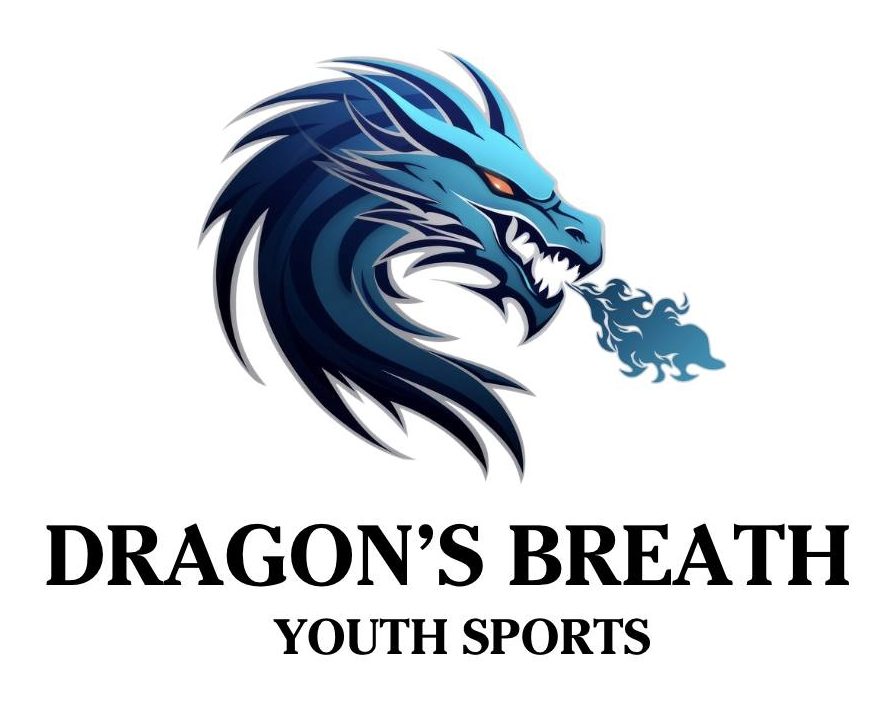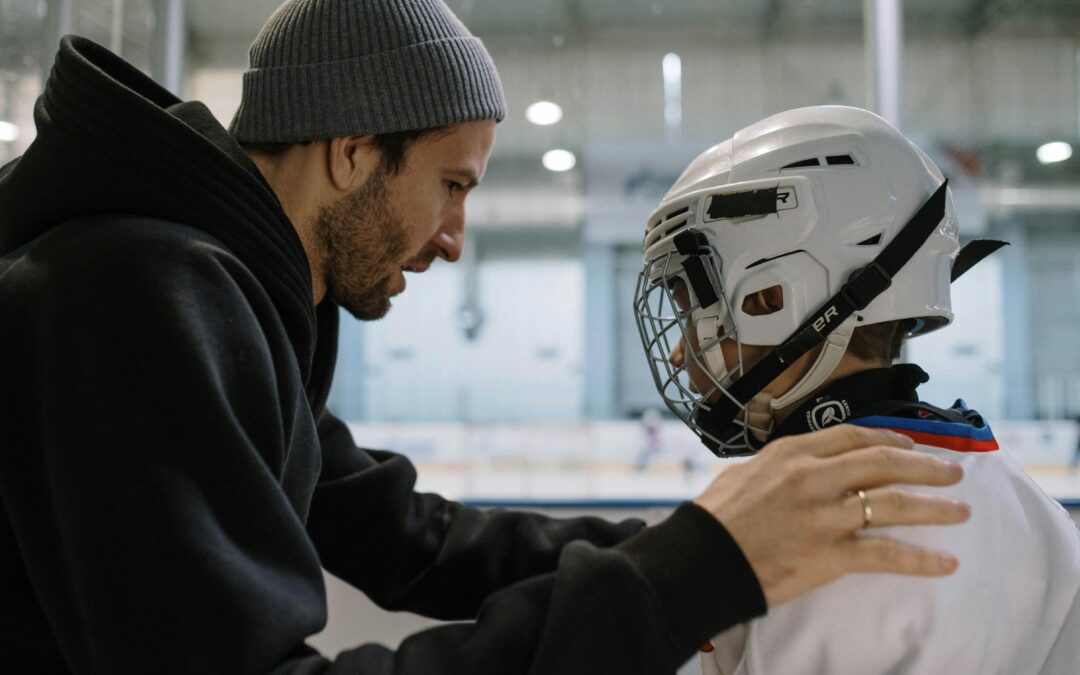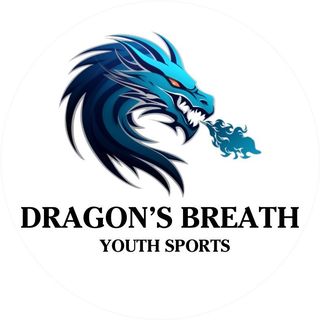In sports, the relationship between a coach and an athlete can make all the difference in performance, motivation, and overall development. A strong, positive coach-athlete relationship is built on mutual respect, trust, and communication, and can significantly impact an athlete’s self-esteem, mental resilience, and long-term success. This bond is more than just about training and competition; it’s about mentorship, character development, and shared goals.
At Dragon’s Breath Youth Sports, we believe that building strong, supportive relationships between coaches and athletes is key to fostering both personal and athletic growth. Our experienced coaching staff, many of whom are former military personnel, work tirelessly to mentor our athletes, helping them develop the mental toughness and skills needed to succeed in sports and beyond.
Trust and Communication: The Foundation
The relationship between a coach and an athlete is fundamentally a partnership. At its core, this partnership relies on trust. Athletes must trust that their coach has their best interests in mind, from designing effective training programs to offering emotional support during tough times. Coaches, in turn, must trust that their athletes are committed, dedicated, and open to feedback.
At Dragon’s Breath Youth Sports, our coaches focus on open and honest communication with their athletes. By fostering an environment where athletes feel comfortable expressing their concerns, asking questions, and seeking guidance, we create a partnership built on mutual respect. Research in Sports Medicine indicates that athletes who perceive their coaches as approachable, supportive, and good communicators tend to show better performance and higher satisfaction in their sport.
The Role of a Coach as a Mentor
Coaches often serve as mentors, guiding athletes not only in their sport but also in life. This mentorship role is especially important for youth and adolescent athletes, who are in critical stages of personal development. A coach’s influence can shape an athlete’s work ethic, values, and resilience in the face of challenges.
At Dragon’s Breath Youth Sports, our coaches take their roles as mentors seriously. We go beyond training techniques to help our athletes navigate life’s ups and downs, building character and fostering resilience. Whether it’s offering advice on handling school pressures or guiding them through difficult personal situations, our coaches are committed to supporting our athletes in every aspect of their lives.
Building Mental Toughness and Resilience
A good coach can help athletes build mental toughness, which is crucial for handling the pressures of competition and personal challenges. Coaches often push athletes beyond their perceived limits, helping them overcome physical and mental barriers. This process of pushing through adversity strengthens an athlete’s resilience and prepares them for future challenges, both in sports and in life.
At Dragon’s Breath Youth Sports, we prioritize building mental resilience in our athletes. By instilling confidence and encouraging our athletes to push through challenges, we help them develop a strong sense of self-efficacy—the belief in their ability to succeed. This foundation of mental toughness not only enhances athletic performance but also prepares them to face challenges with confidence in other areas of life.
Character Building Through Sports
Coaches play an integral role in teaching athletes about character, sportsmanship, and ethical behavior. Through their interactions, coaches model values such as fairness, respect, and integrity. A study published by the Journal of Sport Behavior found that athletes who had strong relationships with their coaches demonstrated higher levels of moral reasoning and ethical decision-making in both sport and life.
At Dragon’s Breath Youth Sports, we emphasize character building through every aspect of our programs. Our coaches model integrity, humility, and teamwork, teaching athletes the importance of ethical behavior both on and off the field. We believe that sports provide an ideal setting for developing strong moral values, and we work to ensure our athletes grow into responsible, principled individuals.
Emotional and Psychological Support
Coaches also serve as a source of emotional support, particularly during tough times such as injury, loss, or burnout. Athletes who have strong relationships with their coaches often feel more comfortable sharing their struggles, which can lead to better emotional regulation and quicker recovery. The Journal of Sports Sciences highlights the importance of emotional intelligence in coaching, noting that coaches who are attuned to their athletes’ emotional states are more likely to foster a positive, supportive environment.
At Dragon’s Breath Youth Sports, we know the importance of offering emotional support to our athletes. Our coaches are trained to recognize signs of emotional distress and are committed to providing a supportive environment where athletes feel safe and valued. Whether dealing with setbacks or celebrating successes, our coaches stand by their athletes, ensuring they feel supported every step of the way.
In conclusion, a strong coach-athlete relationship is essential for athletic success and personal development. At Dragon’s Breath Youth Sports, we prioritize building these bonds through trust, communication, mentorship, and emotional support, ensuring that every athlete has the guidance they need to succeed both on and off the field.
References:
- Sports Medicine. (2020). “The Role of Communication in Coach-Athlete Relationships.” Retrieved from springer.com
- International Journal of Sports Science & Coaching. (2019). “Coaching as Mentorship: Impact on Youth Athlete Development.” Retrieved from sagepub.com


